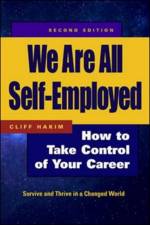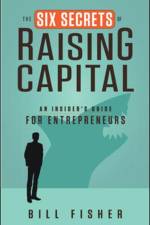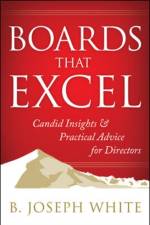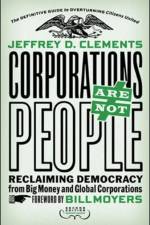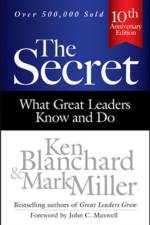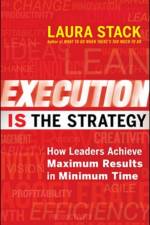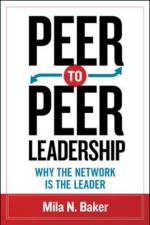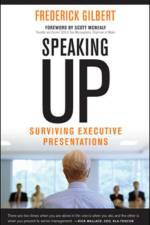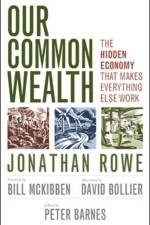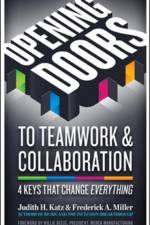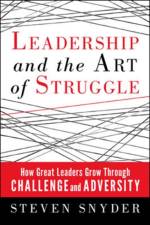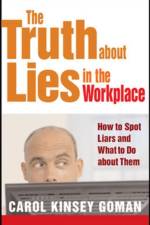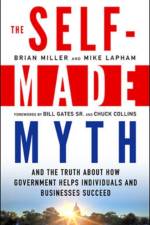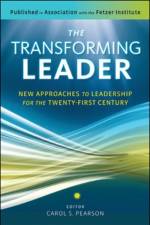av ENKELIS
257
The press-dubbed "Decade of the Woman" has concentrated on political and social achievements of American women. In a quieter, but equally vital arena, women have been wielding their influence in the business world for some time. Yet, their accomplishments go largely unnoticed by the press, robbing the public in general-and aspiring women in particular-of much needed role-models. On Our Own Terms fills the information vacuum by providing a look into the lives of 15 highly successful business women. This book profiles women CEOs and presidents of companies with gross annual revenues of $10 million or more, and gives recognition to women's achievements in business and life. Through personal interviews and intimate photographs, these women business leaders reveal how they broke through the gender barrier to achieve top executive positions, and how they learned to balance personal and work life in the process. All of these women have had to make sacrifices to meet the challenges along their diverse routes to leadership. Rather than relying on the traditional business school model of how to succeed in the workplace, each of these women has invented her own path to success by drawing on the unique resources available to her-from her natural talents, to family values and ethnic heritage. All have relied on their own intuitive and distinctive approaches to business and life, and all have drawn extensively on their instincts and passions. Although their businesses are varied-from railroads to television-their approaches to business have striking similarities. All rely heavily on intuition and a willingness to take risks. In their management styles, they tend to build consensus rather than dictate; they create "families" in an otherwise anonymous organizational environment. And they all emphasize the importance of integrating their businesses into the whole of their lives. Their stories are as varied as their businesses--some climbed the corporate ladder, some inherited businesses, while others founded or bought their companies. Each story offers inspiration and useful advice that can be applied to any career or organization. In On Our Own Terms, these innovative women give candid, down-to-earth advice on issues ranging from employee communications to child day care. They offer useful advice on: o Career planning, o Customer service, o Growing a business, o Managing work and family life, and more. The women selected represent a cross-section of American women in ethnicity, age, geography, and business experience. On Our Own Terms explores the struggles, sacrifices, challenges and triumphs they have experienced on their way to success.


